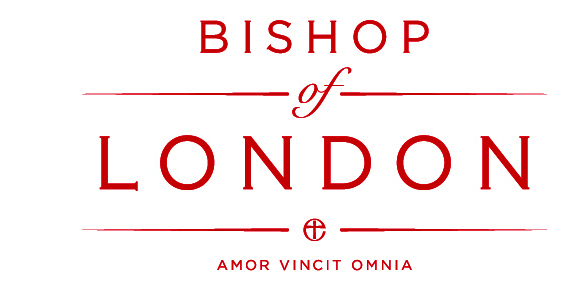Waterloo 200
The Bishop delivered a sermon at St Paul’s Cathedral to commemorate the 200th anniversary of the Battle of Waterloo
Check against delivery
A survey by the National Army Museum of more than 2,000 people indicated that nearly three quarters of them had little knowledge of Waterloo, believing variously that it was won by the French or that it involved Churchill or the wizard Dumbledore.
The past cannot be changed but we are responsible for how we remember it. What we extract and carry forward from what has gone before creates possibilities for the future or closes them off. In a sense we remember the future.
According to the French Government, Waterloo was a battle that “has a particular resonance in the collective consciousness that goes beyond a simple military conflict”. The phrase was contained in a letter protesting against a Belgian plan to issue a 2 euro commemorative coin marking the 200th anniversary. The protest succeeded in quashing the 2 euro project although the Belgian authorities have responded by issuing a 2.5 euro piece which does not require unanimity.
But the French Government was obviously right about the sensitive character of the Waterloo 200 commemoration. Victor Hugo said, “To us Waterloo is the date of the confounding of liberty”. There were many on both sides of the Channel who agreed with him.
The battle brought an end to twenty years of war which had devastated the European continent but it was widely interpreted as the triumph of feudal reaction and the defeat of the ideals of the French Revolution. The old order was restored and re-invigorated in Russia, Prussia and Austria and even in Britain the association of change with homicidal social engineering delayed political and social change.
But Britain soon enough uncoupled herself from her aristocratic partners to assist Greece and South America in gaining freedom and embarked on a programme of domestic reform.
One of the consequences of Waterloo which did endure was a heightened a sense of Britishness. It became a unifying symbol of national achievement, a foundation of a century of British self-confidence. British soldiers numbered perhaps a tenth of all the men on the field but the battle was woven into the evolving narrative of British identity. Sir Walter Scott visited the battlefield in after years. As a “Briton” as well as a Scottish patriot he called down “a blessing on the fallen brave who fought with Wellington”. The army was, and still is British, a place in the collective life of the country where a Welsh Picton, a Scottish Cameron an Irish Ponsonby, an English Jack Shaw and even an Anglo-American Huguenot de Lancey could fight and die together under the same banner.
What of the contemporary life of this greatest act of Sabbath breaking in British history?
In the creative activity of remembering, impartiality is not possible but honesty is a duty because it is of course possible to have false memories. George IV seems to have convinced himself that he had personally fought at Waterloo. He appealed to the Duke for confirmation at some banquet at which Wellington sagely replied, “I have often heard Your Majesty say so”.
Public remembering in the form of commemorations, saints days and festivals have always contributed powerfully to the coherence and sense of identity among groups or nations. Britishness cannot simply be defined by reference to abstract concepts like tolerance or fairness. Admirable as they are, they cannot generate the energy required to sustain a civilisation. Civilisations die in the night when no one can remember why once upon a time they inspired self-sacrifice.
It is certainly true that in the context of the 21st century there is a need to weave new strands into the story of Britain and to relate that story to a wider sense of an evolving global narrative. This has happened over and over again in our history and is indeed one of its most important themes but the deliberate attempt to forget or deny what we have been leads to corporate delusion and a vacuum which is too easily filled with glamorous cults of unreason and violence.
During the Vienna Conference prior to Napoleon’s return from Elba, the British delegation introduced a draft text declaring “that eternal principle that there can be for nations as for individuals no real happiness but in the prosperity of all”. The God of peace whose human face we see in Jesus Christ inspires and blesses this endeavour in which all of us have a part to play.
The great Duke’s funeral in 1852 which culminated in the interment of his remains below us in the crypt brought a million and a half people on the streets of London. As the body passed, an eyewitness recorded the sight of thousands of hats being raised in waves like great flocks of birds rising and then settling again. As they saluted then so in this service we salute the courage and resolution of the great Duke and those who fought with Wellington at Waterloo.
